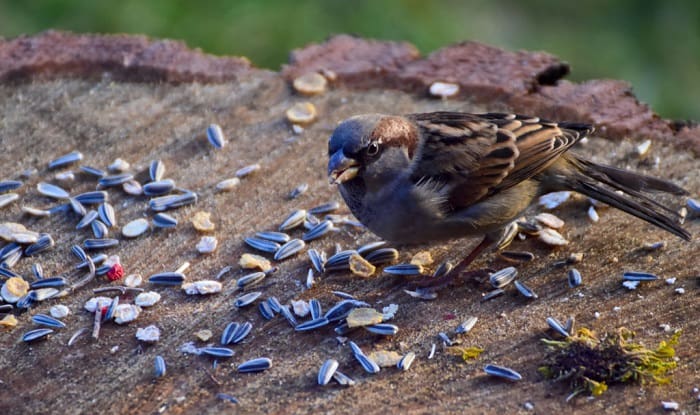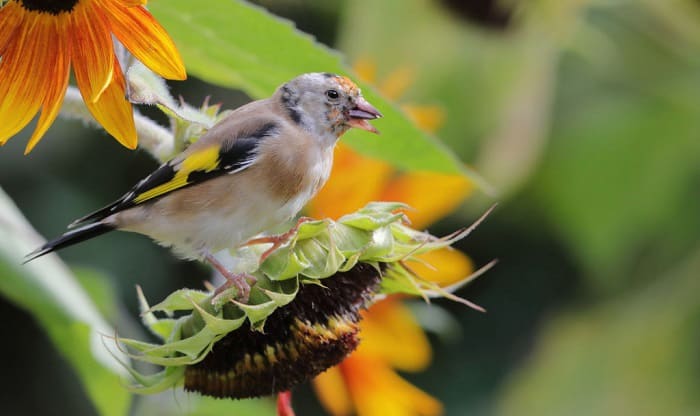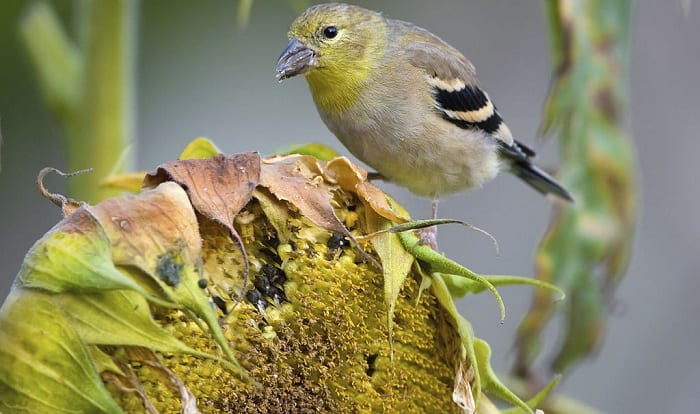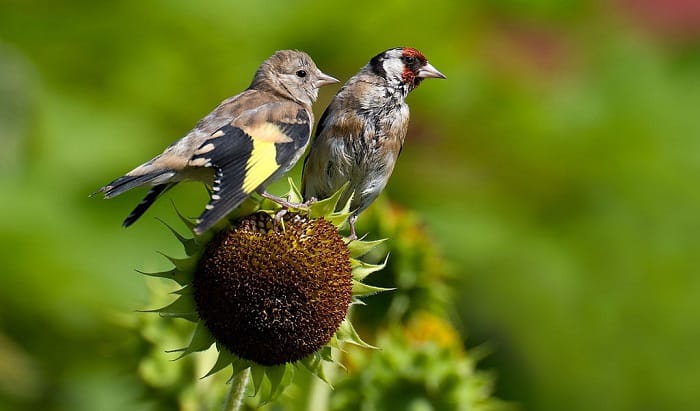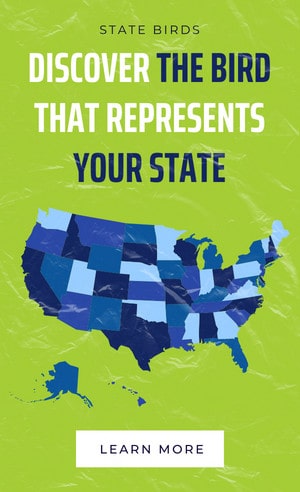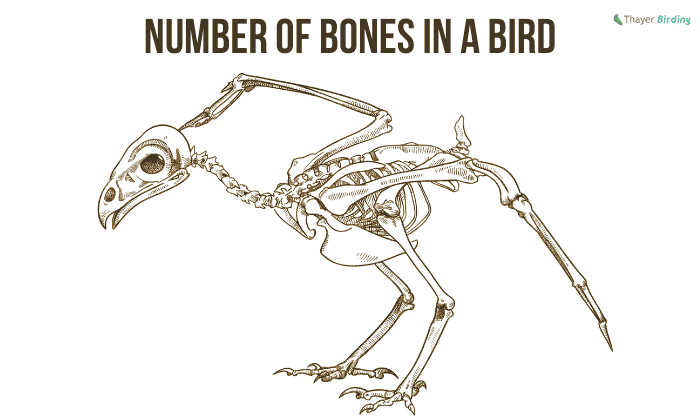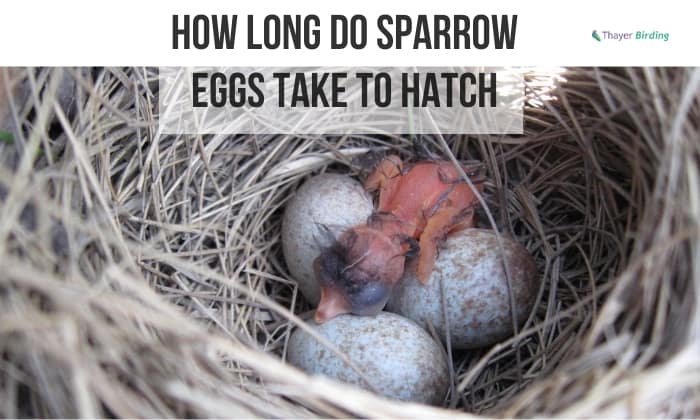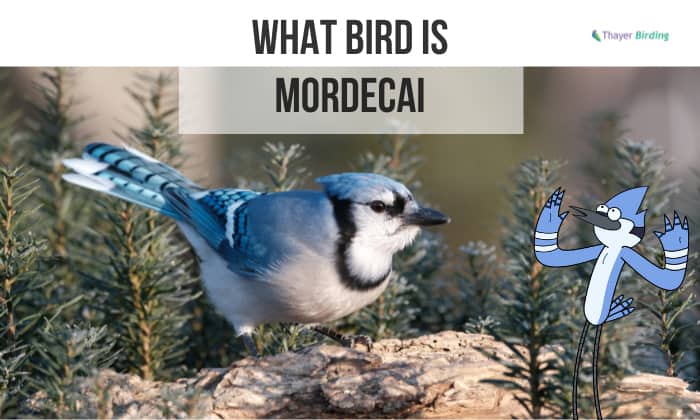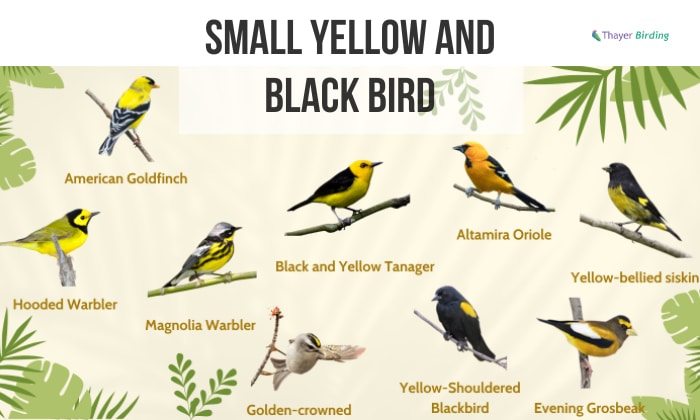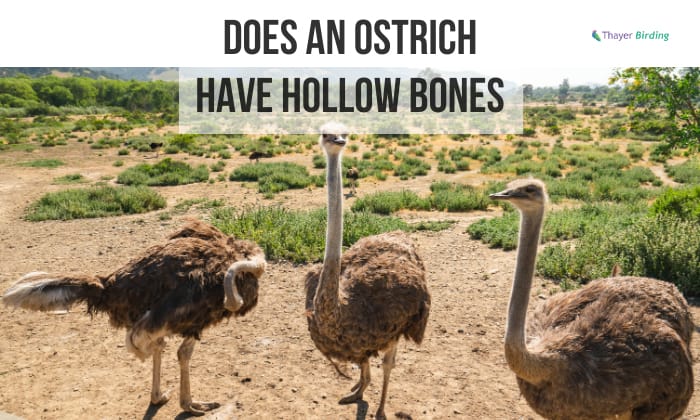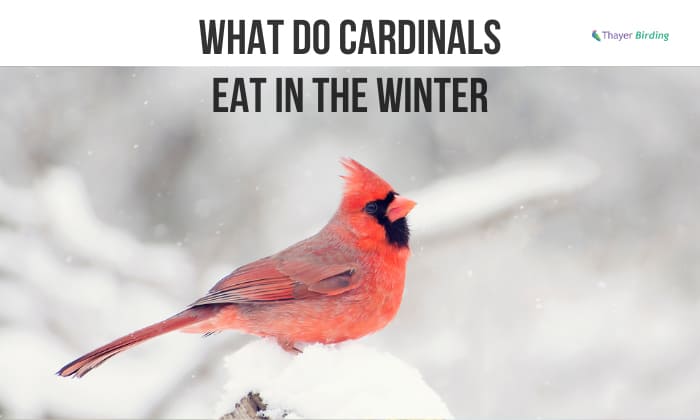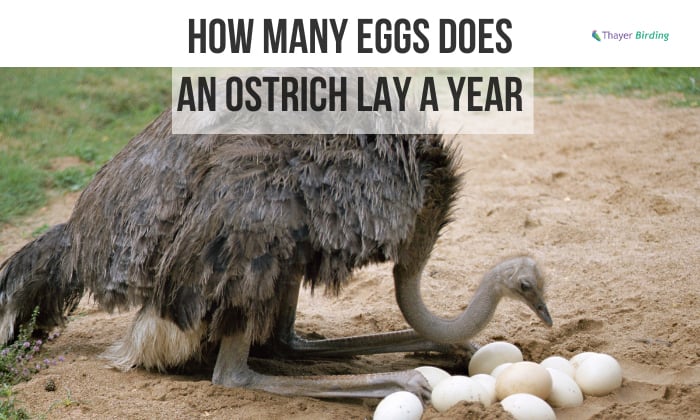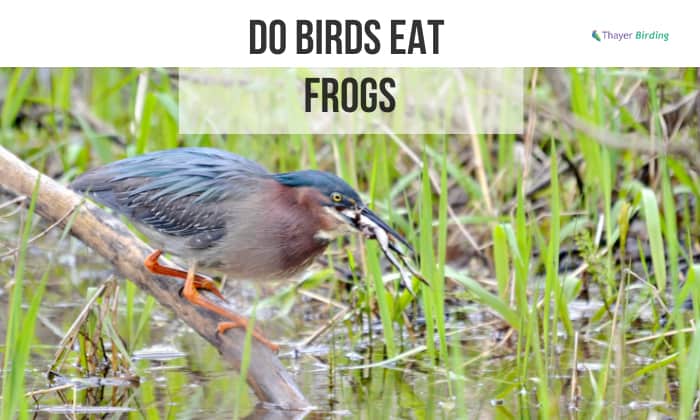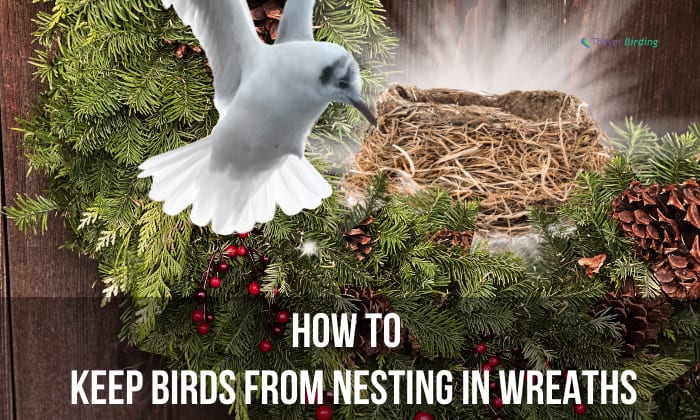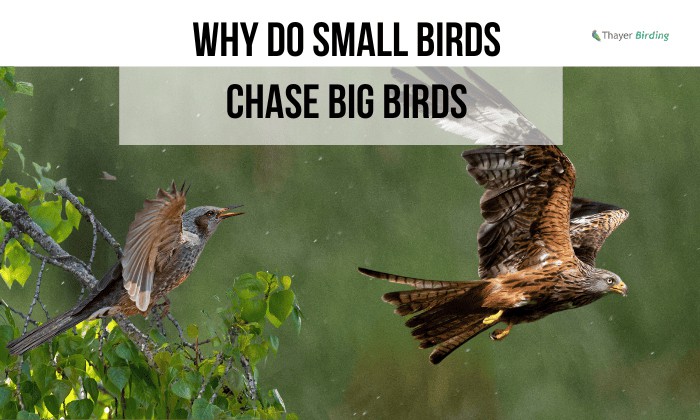Based on the appearance, sunflower seeds are classified into many types, such as black oil sunflower seeds and striped sunflower seeds. However, they are all derived from the sunflower plant whose scientific name is Helianthus annuus.
Have you ever wondered why black sunflowers are the favorite food of so many birds, and what birds eat black oil sunflower seeds? If yes, you have come to the right place. This article will clarify the answers right away.
Black sunflower seeds are a rich source of nutrients that provide adequate fat and protein for birds. Besides, the price of black sunflower seeds is quite reasonable. Many types of birds like to eat black sunflower seeds, such as cardinals, nightingales, golden sparrows, black-billed magpies, gray catbirds, mourning doves…
Table of Contents
- What Are Black Oil Sunflower Seeds and Why Birds Love Them So Much?
- What Birds Are Attracted by Black Sunflower Seeds?
- Feeding Birds Black Oil Sunflower Seeds: the Pros and Cons
- What You Should Know When Buying Black Sunflower Seeds
- How to Prevent Black Sunflower Seeds From Destroying Your Garden
- Can You Plant the Seed at Home?
- Conclusion
What Are Black Oil Sunflower Seeds and Why Birds Love Them So Much?
5000 years ago, Native Americans planted the first black oil sunflower seeds, then the Spaniards brought them to Europe. By the 1700s, the Russians began to produce oilseed sunflowers in large quantities and turned it into a cash crop. Today, black oil sunflower seeds are grown and produced mostly in Canada’s Manitoba and Saskatchewan.
Interestingly, black oil sunflower seeds are not directly consumed by humans like striped sunflower seeds but are only used for extracting oil. Later on, it was discovered that many birds love this seed.
According to USDA research, 100 grams of dried sunflower seeds contain about 5% water, 21% protein, 20% carbs, and 50% fat in the form of oil. In addition, sunflower seeds are rich in fiber, vitamins B and E, and minerals, such as magnesium, phosphorus, zinc and iron.
They also contain monounsaturated and polyunsaturated fats, which are considered healthy fats for the body. This amount of fat is extremely useful during the cold months because birds need more energy to balance their body temperature. The fatty oil in sunflower seeds makes their coat shiny and smooth, and has an insulating and water-proof effect.
Aside from the nutritional benefits, birds like black oil sunflower seeds because they are clever enough to tell the difference between striped sunflower and black sunflower seeds. The hull of the black sunflower seed is usually very thin, so most seed-eating birds can crack it easily. Meanwhile, the shell of a striped sunflower seed is much thicker, and birds with smaller, softer beaks will have a hard time breaking the shell.
What Birds Are Attracted by Black Sunflower Seeds?
So, what birds eat sunflower seeds? The answer is almost all seed-eating birds love to eat sunflower seeds, especially the black ones, with or without the shell. Here are a few birds that we often see every day.
- Cardinals: In the southeastern United States, cardinals are common songbirds. The northern cardinal is also the bird of seven states in the United States. Their food is mainly seeds, fruits, and insects, so sunflower seeds will be an attractive bait if you want to see cardinals more often.
- Finches: Finches have a chubby body and a forked tail. Their tiny pointed beak is convenient for breaking seed shells, and they also love to eat sunflower seeds. Finches are small in size, do not consume much food, and chirp pleasantly, so it would be great to attract them to your garden.
- Sparrows: Sparrows are dull brown in various shades. They like to eat a variety of seeds and that includes black sunflower seeds. They also eat more insects to provide protein for the body.
- Nuthatches: Nuthatches are distinguished by their bluish-gray back feathers, brown underparts, and a black stripe across the eyes. Nuthatches’ food usually includes insects, nuts, and grains. The name “nuthatch” originates from “nut hacker”, describing the action that this bird takes: pushing a nut into a crevice to open it.
- Chickadees: Chickadees possess plumage with contrasting light and dark patches. Chickadees are active and are not afraid of humans. They usually eat beans, peanut butter, and small nuts. They also feed on insect eggs or pupae.
In addition to species mentioned above, birds that eat black sunflower seeds also include: nightingales, pigeons, golden sparrows, black-billed magpies, gray catbirds, warblers, and many other backyard birds.
Even chickens, quail. and turkeys love feasting on black sunflower seeds. Perhaps it would be easier if we made a list of birds that don’t like black sunflower seeds because almost all birds love this nutrient-rich seed.
If you are curious about the allure of black oil sunflower seeds, why not order bird feeders with black sunflower seeds and see how many birds visit your garden?
If you wonder what birds eat black oil sunflower seeds and how birds eat sunflower seeds, check out the video below to see how skillfully birds crack the sunflower seeds!
Feeding Birds Black Oil Sunflower Seeds: the Pros and Cons
Black sunflower seed is not only loved by birds, but it is also a reasonable choice for bird owners. As a nutritious food, black sunflower seeds are affordable and easy to find at bird food stores.
Moreover, if you love bird watching, sunflower seeds can attract a wide variety of birds to your bird feeders. In addition, due to its small size, the seed can fit into different types of bird feeders, such as tube feeders, platform feeders, and hopper feeders.
However, feeding birds with black sunflower seeds also causes some problems that you should be aware of. Birds must first peel off the shells as they eat so this can create a mess of seed pods all over the place. The coats of black sunflower seeds contain several biochemicals that can affect the plants in your garden.
Furthermore, squirrels love sunflower seeds, so there will be a lot of squirrels visiting the bird feeder in your garden. The deliciousness of black sunflower seeds not only attracts seed-eating birds but also birds of prey, known as bullies. Thus, you should keep an eye on them.
What You Should Know When Buying Black Sunflower Seeds
In general, black sunflower seeds are good for the health and plumage of birds, but like any other bird food, sunflower seed products come in a variety of qualities. There are a few things you should keep in mind when buying black sunflower seeds.
Depending on the handling and storage of the processing facilities, a bag of sunflower seeds can contain many empty hulls, twigs, and wood debris. These debris can sometimes get stuck in bird feeders. Furthermore, why should we pay for empty seed pods and wood chips? Black sunflower seed bags often have transparent packaging. So. you should examine the cleanliness of the food.
How to Prevent Black Sunflower Seeds From Destroying Your Garden
Sunflower seed hulls consist of natural biochemicals that are poisonous to grasslands and other plants. Some plants are unaffected, for instance the daylilies. Nevertheless, the great majority are. If you have placed a sunflower seed feeder in the same location for a long time and have left the shells to pile on the grass, you have probably observed the lawn or other natural crops succumb in that area.
Many people don’t mind leaving the area empty by not planting grass around it or perhaps paved with gravel instead of grass. In addition, I suggest you some tips to not kill plants while feeding black sunflower seeds:
- Place a seed catcher under the bird feeder. Seed trays can be easily found online or at bird supply stores.
- Use pre-shelled nuts, but be aware that these can be more expensive than unshelled ones. Moreover, pre-shelled sunflower seeds will easily spoil if left out for too long, so you should only use a small amount each time you feed your bird.
Can You Plant the Seed at Home?
Do you know that you can grow your own black oil sunflower seeds at home using seeds you already have at home or buy seedlings at a nursery?
Sow sunflower seeds about 2 inches deep into the soil. For best results, plant seeds in spring when the weather is warmer and more pleasant. You can use any type of soil to grow sunflower seeds and these seeds do not need to use too many chemicals or fertilizers. Using a lot of chemicals can produce undesirable effects, such as the plant will grow in size but not produce many seeds.
Sunflower plants need to be watered every day, including hot and dry days. They also need to be watered twice a day. For better plant growth, remove surrounding weeds from a young age. Once the tree grows to full height, you may need to drive a stake so it can withstand winds and storms.
Conclusion
Black oil sunflower seeds are always a wise choice to attract many types of birds because most backyard birds love them. Cardinals, sparrows, finches, chickadees, and nuthatches can skillfully use their sharp beaks to peel seeds.
I hope you found this article helpful in providing information about what kind of birds eat sunflower seeds, specifically black oil sunflower seeds. We have also learned how to choose good quality black oil sunflower seeds and how to protect the lawn while still attracting a wide variety of birds to your backyard. Don’t forget to try growing your own sunflowers and harvest the seeds!

George and I became friends after a birdwatching trip with our new group. And we have been enjoying every adventure together. When he told me the idea of establishing a site that shares our experiences and fun, I immediately agreed. After trials and errors, here we have Thayerbirding.


